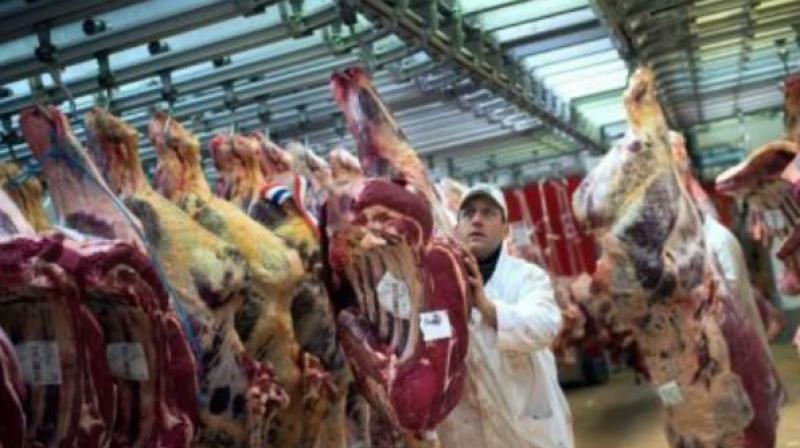Hyderabad: City lab’s reports help solve 243 meat cases

Hyderabad: Laboratory reports issued by the National Research Centre on Meat (NRCM), Hyderabad, have helped investigations into 243 highly sensitive cases registered across India.
The only meat research centre in India that does DNA and species identification of meat, it has helped its clients which include police, food safety authorities, and the forest department in resolving sensitive cases, including that of lynching or violence over sale of beef in states where it is banned (though whether or not the meat in question is beef or not should make no difference to the conviction and punishment of the perpetrators of the killings).
The largest number of samples the Centre has received is from Madhya Pradesh, followed by Karnataka, Delhi and Uttar Pradesh. In one case reported from Hyderabad, the centre's report helped solve the curious case of ‘no dog meat’ served at Shah Ghouse Hotel.
A senior scientist with NRCM told this newspaper, “This is the only lab in India that tests meat samples based on DNA. The process based on DNA method involves three types, namely Universal PCR followed by DNA Sequencing, Restricted fragment length polymorphism (RFLP), and species specific, where the species of the meat is identified.”
He said the lab can identify if the meat sample is from a cow or bull or bullock and also the sex of the species.
According to a source, in a majority of cases where the sale or transportation of beef was suspected, the results turned out to be negative. This helps investigations in states where beef is banned. “Even if the sample is adulterated by a minute per cent, the lab can identify it because the testing is done at molecule level, so each cell of the meat is tested. Also, the testing process does not need a large chunk of the meat sample and it can be raw or cooked,” the scientist said.
The central government body charges Rs 10,000 per sample. The testing takes a week to 10 days. The institution only accepts samples submitted by the police, courts, airport authorities. In 2017, the most number of samples came from Karnataka. In 2018, more samples came from Madhya Pradesh.

